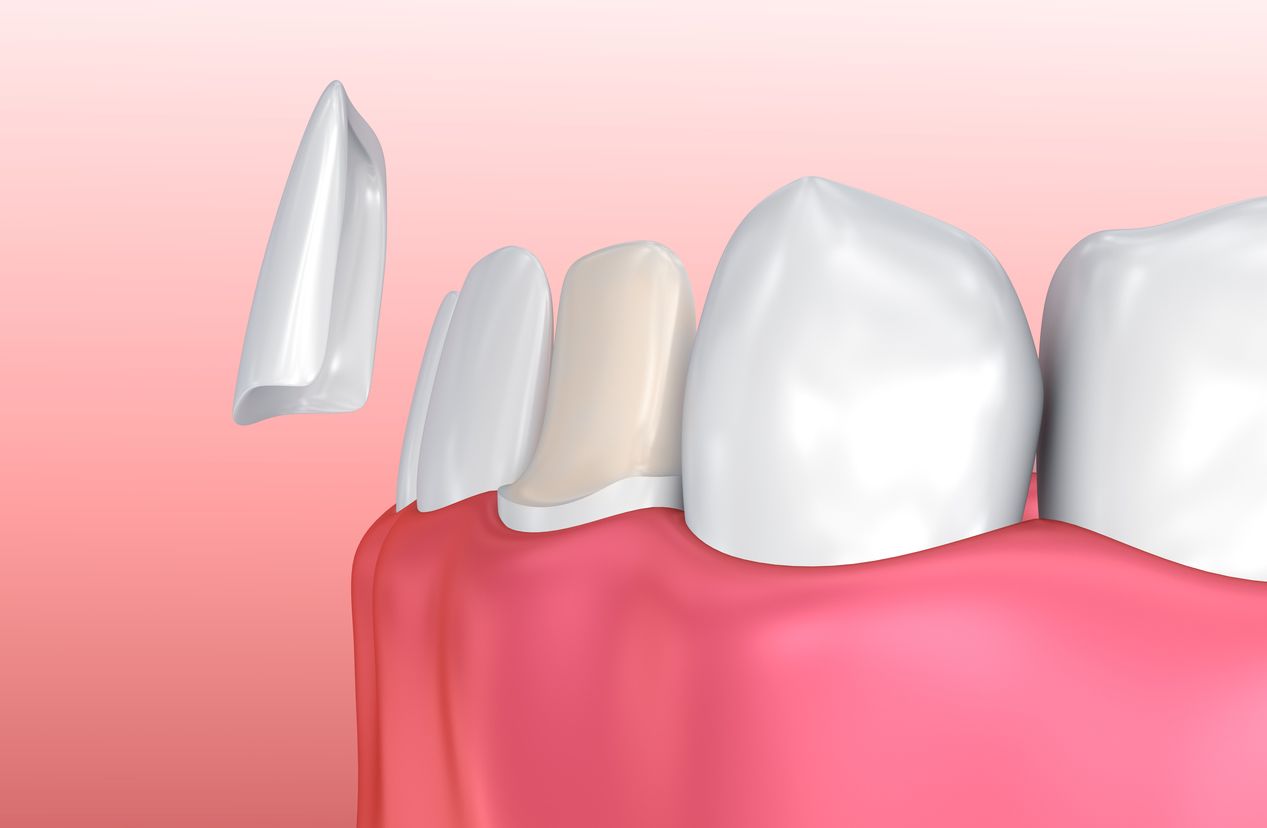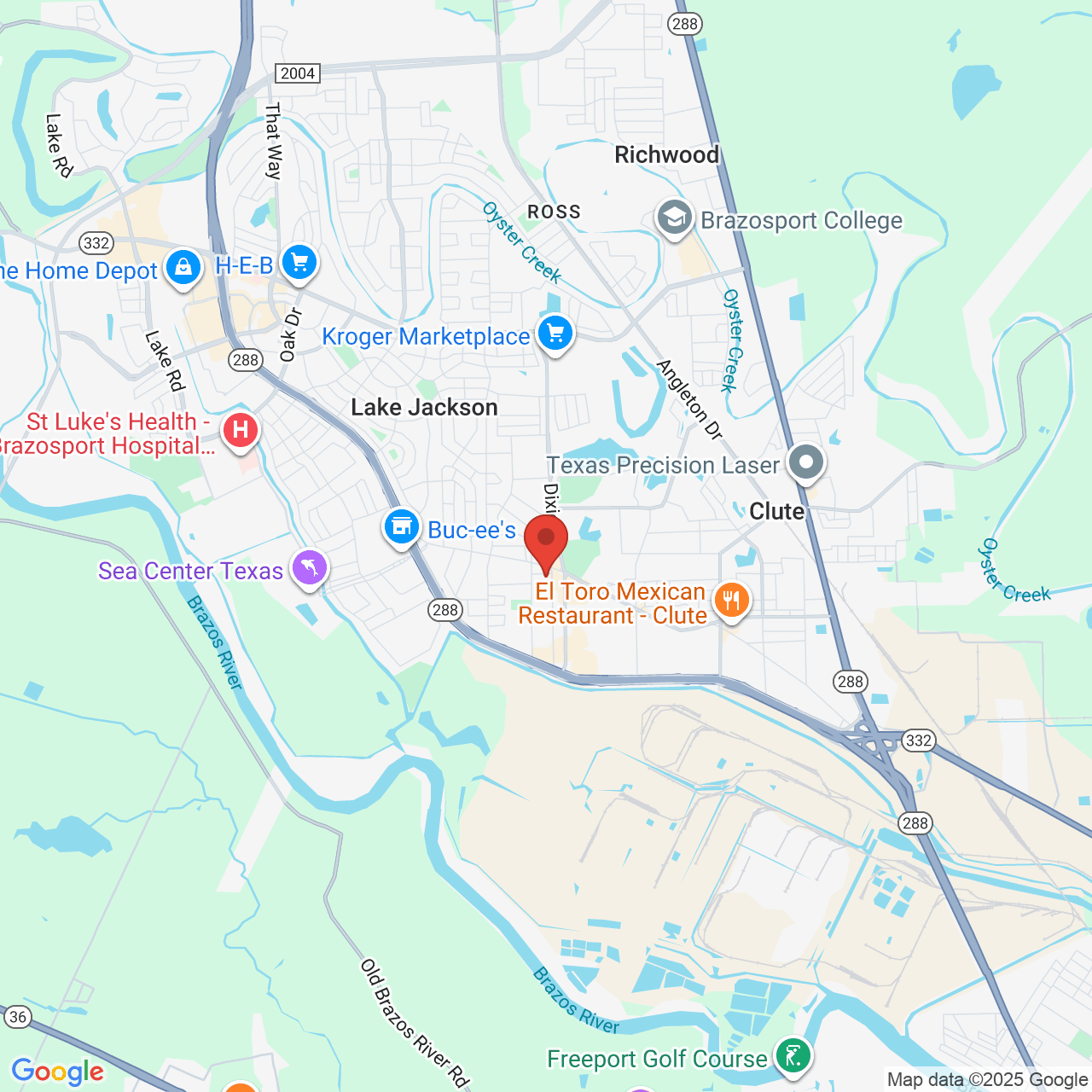How Long Does it Take to Adjust to Veneers?
 If you want a versatile solution to tooth discoloration, chips, cracks, and other common cosmetic flaws that impact the smile, consider porcelain veneers. Porcelain veneers are a versatile cosmetic dentistry solution that makes smile makeovers possible; sometimes all of a smile’s flaws can be eliminated with porcelain veneers alone. Dr. Brian K. Bell and his team have achieved many great results thanks to porcelain veneers.
If you want a versatile solution to tooth discoloration, chips, cracks, and other common cosmetic flaws that impact the smile, consider porcelain veneers. Porcelain veneers are a versatile cosmetic dentistry solution that makes smile makeovers possible; sometimes all of a smile’s flaws can be eliminated with porcelain veneers alone. Dr. Brian K. Bell and his team have achieved many great results thanks to porcelain veneers.
After getting porcelain veneers placed, Bell Dental patients may notice a bit of an adjustment period. The team at our Lake Jackson, TX dental practice would like to consider the reasons for this adjustment period, how long it lasts, and what you can do to address it.
The Process for Placing Porcelain Veneers
To understand why there may be issues after getting porcelain veneers, let’s first note the process of placing veneers. First, the teeth at prepped, which means just a small amount of tooth enamel is removed to accommodate the veneer. After impressions are taken, the veneer is crafted at an off-site dental lab. The finished veneers are then adhered into place.
As you see, the replacement of natural tooth structure with the veneer can lead to a few issues, and may take just a little getting used to.
Common Issues After Getting Porcelain Veneers
Some common issues patients notice after getting porcelain veneers include:
- Changes in the feel of your bite
- Different sensations when chewing
- Tooth sensitivity
- Speech impediments
How Long Do These Issues Last?
For most patients, the adjustment period for porcelain veneers lasts about two weeks. There will be gradual improvements in these issues each day during this brief adjustment process.
After two weeks have passed, most patients should feel just fine with their porcelain veneers in place. They will hardly notice that they have undergone cosmetic dental work.
Tips for Adjusting to Your Porcelain Veneers
Two weeks isn’t too long, and the issues people experienced during this time are minimal. However, we do have some tips on what you can do to adjust to your porcelain veneers a bit faster.
- Use a Sensitive Tooth Toothpaste - Since tooth sensitivity is a common issue after getting veneers placed, you can minimize discomfort by using a toothpaste designed for people with sensitive teeth.
- Avoid Hard, Tough, or Crunchy Foods - Pressure from biting and chewing can lead to discomfort, which is why you should consider a diet of softer foods for the first week or so after getting veneers.
- Avoid Hot or Cold Temperature Foods and Drinks - Hot and cold temperatures often trigger cases of acute tooth sensitivity. For the first week after getting veneers, try to only have foods and beverages that are room temperature.
- Use a Drinking Straw - To bypass teeth that may be covered with veneers and minimize sensitivity, a drinking straw is helpful. Consider this as a way of avoiding dental stains in the long run as well.
What If My Problems Persist?
If you continue to experience problems with your veneers after two weeks, be sure to speak about these issues with your dentist. The matter can be looked into in more detail.
Learn More Abut Porcelain Veneers
For more information about porcelain veneers and whether or not they are an ideal option for you, be sure to contact an experienced cosmetic and restorative dentist. We at Bell Dental are here to help. You can reach our office by phone at (281) 306-5267.



